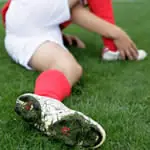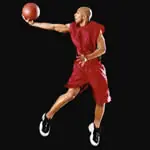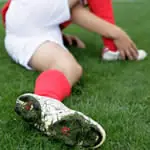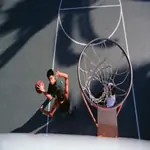Point Guard is arguably the most difficult of the five positions to play on the floor. He is responsible for getting his team into its offense, making sure all of the players are aware of their roles on the floor, and, above all, creating scoring opportunities for both the players around him, and himself—in that order.
One of the most difficult responsibilities of playing point guard is his need to have his mind moving in several directions at once. He has to recognize and respond to the type of defense that the opposition is playing (i.e. zone, man-to-man, etc.), and make sure his players are in the correct spots in order to start the offense or the play. He has to initiate the offense while having to worry about taking care of the ball, oftentimes against tremendous defensive pressure from his opponent.
Also, he is the only player within the offensive structure that has to juggle his responsibilities, both as a passer and as a scorer. It is, to varying extents, the other four players jobs on the floor to create scoring opportunities for themselves. The point guard must make sure that his attempts to score are not coming at the expense of his teammates. In other words, he has to score without disrupting the flow of the offense or “freezing” out his teammates. Therefore, he is faced with juggling the ultimate paradox: reaction vs. thought.
He must constantly think about what is best for the team in the given situation—i.e. the score, the quarter, the time remaining, which players are on the floor, etc.—controlling his natural reactions to the events around him. He can never do just one or the other. If he thinks and does not react, then he is nothing more than a robot running his team through their offense. If he reacts and does not think, he is a mindless drifter who has no idea what is going on around him.
However, the point guard can also be the most satisfying of the five positions, given that he is able to most fully exert his will upon that of the team; he is in control. By the very nature of the demands of his position, the ball is in his hands more often than it is not, and he can therefore act as an integral part of his team’s success.
Much like a quarterback in football, he must be the most aware of all elements of the game. Because of that, he also stands to gain substantial glory if his team succeeds.







Discuss This Article